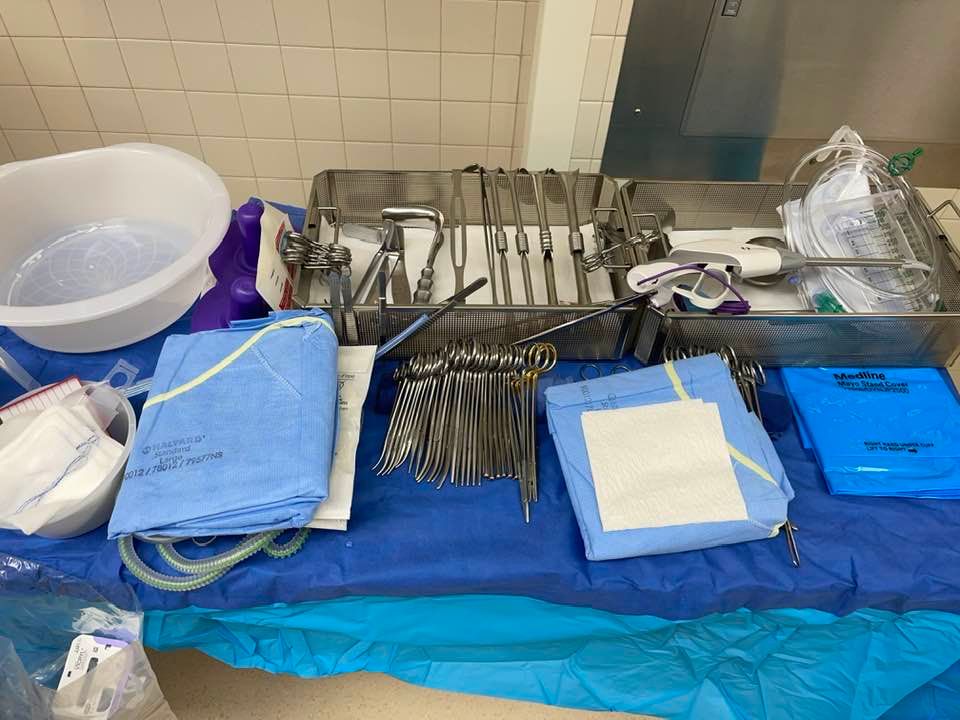Bony Growths In Mouth
Bony growths in the mouth, also known as oral bony lesions, are abnormal formations of bone tissue that can occur on the jawbone, gums, or other areas inside the mouth. These growths can be caused by a variety of factors, including genetic predisposition, injury, infection, or certain medical conditions. In some cases, bony growths in the mouth can be harmless and may not require treatment, while in other cases, they can be painful, interfere with oral function, or even be a sign of a more serious underlying condition.
One of the most common types of bony growths in the mouth is the torus, which is a bony lesion that occurs on the roof of the mouth or on the lower jaw. Tori are usually harmless and may not require treatment, unless they are causing discomfort or interfering with dental work. Another type of bony growth is the buccal exostosis, which is a bony lesion that occurs on the cheekbone or the gum tissue. This type of growth can be caused by a variety of factors, including trauma, infection, or genetic predisposition.
Bony growths in the mouth can also be caused by certain medical conditions, such as fibrous dysplasia, which is a condition that affects the production of bone tissue and can cause the formation of bony growths in the mouth. Other medical conditions that can cause bony growths in the mouth include Paget’s disease, osteopetrosis, and Gardner syndrome. In some cases, bony growths in the mouth can be a sign of a more serious underlying condition, such as cancer.
Symptoms of bony growths in the mouth can vary depending on the location and size of the growth. In some cases, bony growths may not cause any symptoms at all, while in other cases, they can cause discomfort, pain, or difficulty eating or speaking. If you are experiencing any of these symptoms, it is essential to seek medical attention to determine the cause of the growth and to receive proper treatment.
Diagnosis of bony growths in the mouth typically involves a physical examination, imaging tests such as X-rays or CT scans, and a review of your medical history. In some cases, a biopsy may be necessary to determine the cause of the growth. Treatment of bony growths in the mouth depends on the cause and severity of the growth, as well as the individual’s overall health. In some cases, treatment may involve surgery to remove the growth, while in other cases, treatment may involve monitoring the growth to ensure that it does not cause any further problems.
Prevention of bony growths in the mouth is not always possible, but there are certain steps that you can take to reduce your risk. Practicing good oral hygiene, such as brushing and flossing regularly, can help to reduce your risk of developing bony growths in the mouth. Avoiding tobacco products and limiting your consumption of sugary or acidic foods and drinks can also help to reduce your risk. Regular dental check-ups can help to detect bony growths early on, when they are easier to treat.
In addition to seeking medical attention, there are certain self-care measures that you can take to manage the symptoms of bony growths in the mouth. Over-the-counter pain relievers, such as acetaminophen or ibuprofen, can help to reduce discomfort or pain. Applying a cold compress to the affected area can also help to reduce swelling and ease discomfort. Avoiding spicy, acidic, or sharp foods can help to reduce irritation and prevent further discomfort.
Managing Symptoms of Bony Growths in the Mouth: A Step-by-Step Guide
- Take over-the-counter pain relievers, such as acetaminophen or ibuprofen, to reduce discomfort or pain.
- Apply a cold compress to the affected area to reduce swelling and ease discomfort.
- Avoid spicy, acidic, or sharp foods to reduce irritation and prevent further discomfort.
- Practice good oral hygiene, such as brushing and flossing regularly, to reduce your risk of developing bony growths in the mouth.
- Seek medical attention if your symptoms persist or worsen over time.
In conclusion, bony growths in the mouth are abnormal formations of bone tissue that can occur on the jawbone, gums, or other areas inside the mouth. While some bony growths may be harmless, others can cause discomfort, pain, or difficulty eating or speaking. Seeking medical attention is essential to determine the cause of the growth and to receive proper treatment. By practicing good oral hygiene, avoiding tobacco products, and limiting your consumption of sugary or acidic foods and drinks, you can reduce your risk of developing bony growths in the mouth.
What are the symptoms of bony growths in the mouth?
+Symptoms of bony growths in the mouth can vary depending on the location and size of the growth. In some cases, bony growths may not cause any symptoms at all, while in other cases, they can cause discomfort, pain, or difficulty eating or speaking.
How are bony growths in the mouth diagnosed?
+Diagnosis of bony growths in the mouth typically involves a physical examination, imaging tests such as X-rays or CT scans, and a review of your medical history. In some cases, a biopsy may be necessary to determine the cause of the growth.
What is the treatment for bony growths in the mouth?
+Treatment of bony growths in the mouth depends on the cause and severity of the growth, as well as the individual’s overall health. In some cases, treatment may involve surgery to remove the growth, while in other cases, treatment may involve monitoring the growth to ensure that it does not cause any further problems.
Can bony growths in the mouth be prevented?
+Prevention of bony growths in the mouth is not always possible, but there are certain steps that you can take to reduce your risk. Practicing good oral hygiene, such as brushing and flossing regularly, can help to reduce your risk of developing bony growths in the mouth. Avoiding tobacco products and limiting your consumption of sugary or acidic foods and drinks can also help to reduce your risk.
What are the complications of bony growths in the mouth?
+Complications of bony growths in the mouth can include discomfort, pain, or difficulty eating or speaking. In some cases, bony growths can also cause more serious complications, such as infection, nerve damage, or cancer. Seeking medical attention is essential to determine the cause of the growth and to receive proper treatment.

